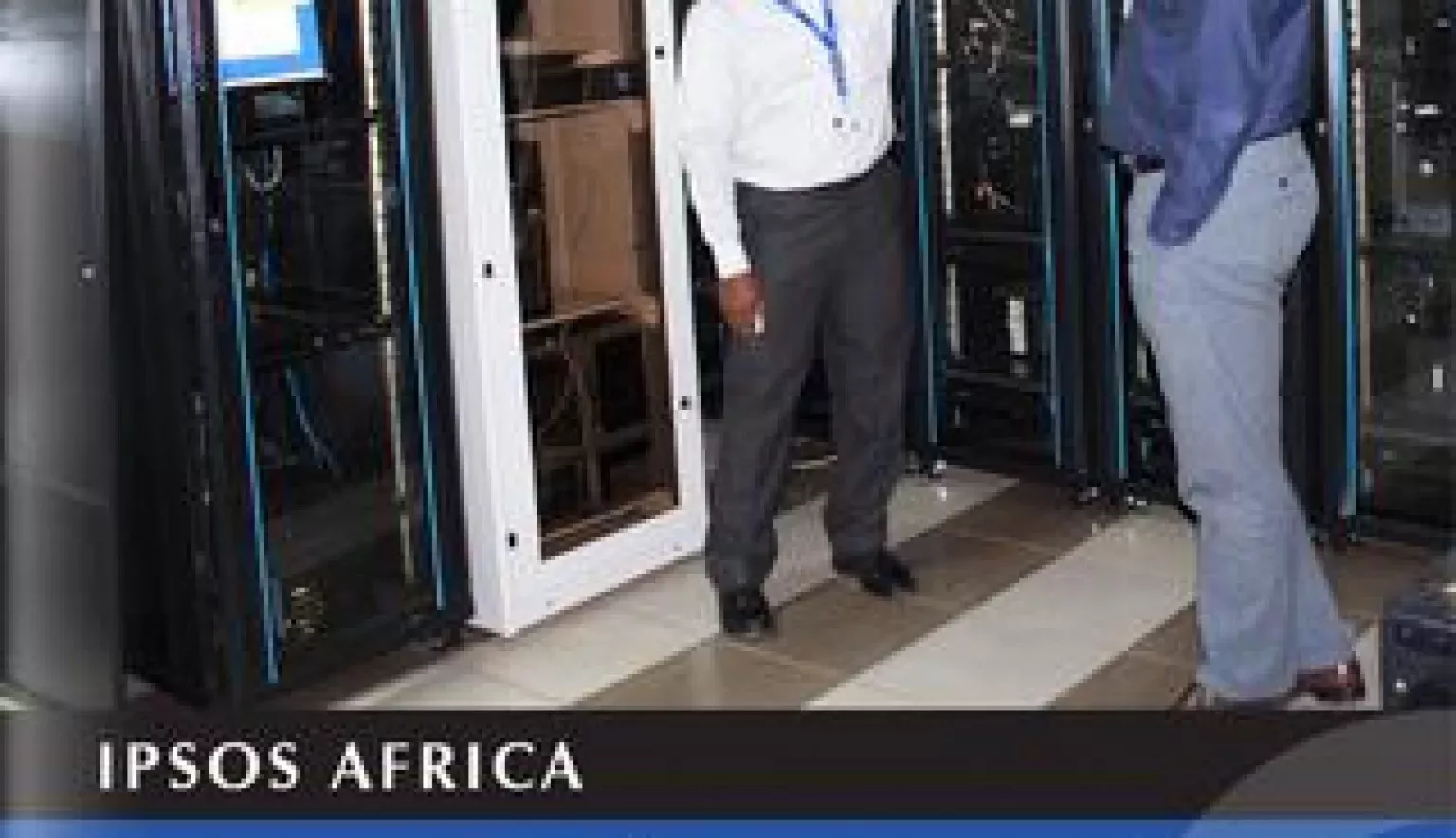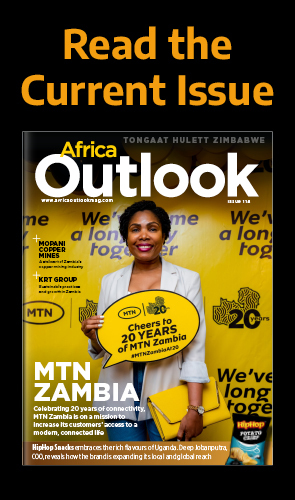Proudly celebrating its 40th anniversary in 2015, Ipsos Africa continues to maintain its status as a leading force in market research; drawing on both its local understanding and wider international Group expertise to provide new and innovative accurate research services for some of Africa’s biggest brands.
GAME CHANGING NEW SERVICE
With a presence in 14 countries on the continent; including Egypt, Morocco, Tunisia and Algeria in the north; Kenya, Uganda, Tanzania, Mozambique, Zambia and Rwanda in the east; Nigeria, Ghana and Ivory Cost in the west; and South Africa, Ipsos teams work in collaboration in order to meet client needs in the most effective way.
After identifying Africa in the late 2000s to join its already successful international expansion strategy initiated in the 1990s, the Ipsos Group continued on its growth path by combining with Synovate in 2011.
“Synovate had previously acquired the market leader in sub-Saharan Africa, the Steadman Group, so the combination marked a real acceleration in the creation of the Ipsos global network, strengthening the Group’s African footprint significantly,” comments David Somers, CEO of Ipsos Pan-Africa.
The African continent represents a rapid growth market for Ipsos, and in addition to the economic changes dictating an emerging middle-class and growth of indigenous companies, an increasing number of international organisations are also looking to invest in the relevant market research required so as to better understand African consumers.
“Given that South Africa, Kenya and Nigeria are still emerging as hubs for international business, our research experts on the ground can help businesses and individuals looking to enter the market make the right decisions from day one,” he further notes.
After spending the past eight years bolstering some of its global products and services in a growing number of African locations – and now comprised of a team of more than 800 employees in sub-Saharan Africa alone, only a handful of which are non-African in origin – Ipsos has worked hard to reinforce its position within the industry’s Big Four, enabling the Company to become a leading force on the continent.
PROJECT Q
As a Company with a growing dependence on the latest technology in order to stay ahead of industry trends, Ipsos is keen to look for new and innovative ways to optimise its spending in order to reduce its running costs and remain sustainable.
Somers notes: “One particular aspect that is costly, but a worthy and necessary investment for a sustainable business, is continuing the development of our local pool of researchers; developing these local skillsets will be crucial in the long-term for our business and the countries that we operate in.
“Ultimately if we have a sustainable business and look after our local staff with the right skills transfer initiatives in place, then we can retain it.”
Adding to this, quality of data will always remain central to Ipsos’ value proposition and continuous investment is required to make sure this always remains the case. By investing in the quality of data collection on a daily basis through ‘Project Q’ – a total quality management programme that covers all aspects of the research, from the briefing to the results – the Company has been able to consolidate its offering by finding ways to improve service delivery and delight its clients.
“This huge investment feeds into our BQC ethos that drives our business: Better, quicker, cheaper; and staff training and innovation initiatives are also incorporated into these key pillars,” Somers details.
MOBILE DATA COLLECTION
With all the relevant internal procedures in place, Ipsos can focus on how best to expand its operations in challenging and interesting markets which some of Africa’s countries provide. Driven by the wider Ipsos Group hub strategy, the Company added data hub branches in Africa; a welcome addition with two key hubs in Kenya and South Africa and a ‘situation room’ in Nigeria (an instant field supervision hub). The hubs will constitute learning schools which are facilitated by global and local experts to expose the Company’s local upcoming researchers to the skillsets intended for development, and data processing units for improved efficiencies in the security of the data service offering.
“All major data processing in Africa is currently sent to these two hubs as a way of making sure a client’s results remain of a consistent, reliable high quality.” Somers highlights.
In line with economic development in Africa comes the growing prominence of the technology revolution, which is something Ipsos can leverage heavily on to create more accurate and faster results for its customers.
“At the moment, the mobile data collection (MDC) trend is driving many of our business decisions and is something that we have been capitalising on since 2011. About 85 percent of the data we have collected has been through this method.
“The automation from MDC, once fully set up, simplifies things, it is more cost effective for our clients, it saves time and provides instant access to respondent data. The time saving element enables our researchers to then spend more time on analysing and providing insights into the data,” he further explains.
To date, Ipsos has conducted more than one million interviews on mobile handsets and tablets. “And this can be as simple as handing someone a tablet or sending them an SMS / email link and completing a survey to find out how pleased they are with your product or service,” he adds.
GAME-CHANGERS
Driven by digitisation, new consumer behaviours and its own new Company tagline, Ipsos strives to “take data collection to the next level” in existing markets in Africa, while also eyeing the right opportunity to enhance its geographic reach. Somers emphasises: “Not only will we continue to drive the hub strategy and build on the continuous training of our staff, but also implement modern research methods to automate elements of our data collection and keep on top of these trends to provide the best quality monitoring possible for our clients.
“Some economies in Africa have been exploding, so there is huge demand for our skills and services; and by working together with our current clients, we ensure to act on any feedback received to stay relevant to market needs.”
By reaching out to the smartphone audience in select markets such as Nigeria and South Africa, where smartphone penetration in Africa is among the highest, Ipsos is exploring avenues to integrate its service for the purpose of collecting, processing and supplying more reliable data almost instantly.
“Through Ipsos Interactive Services, which is currently an active subsidiary of Ipsos in Europe, Asia and the Americas, we want to transform our market research techniques by utilising mobile phones as a new channel to reach customers in some African markets where this is commercially viable. This can be done through online self-completion questionnaires, or SMS research, the latter being something we are already providing in certain countries,” Somers notes.
He concludes: “Ultimately, we have to make sure we are considered as a one-stop shop for our clients by having the right quality of accurate data with actionable business solutions. Providing accurate data is our ticket to play.
“Providing business solutions and actionable insights is what sets Ipsos apart from the competition, therefore our internal business structure ensures that for each of our client research needs, we have available local and global experts who provide the right solutions. That is our unique selling proposition.”

































